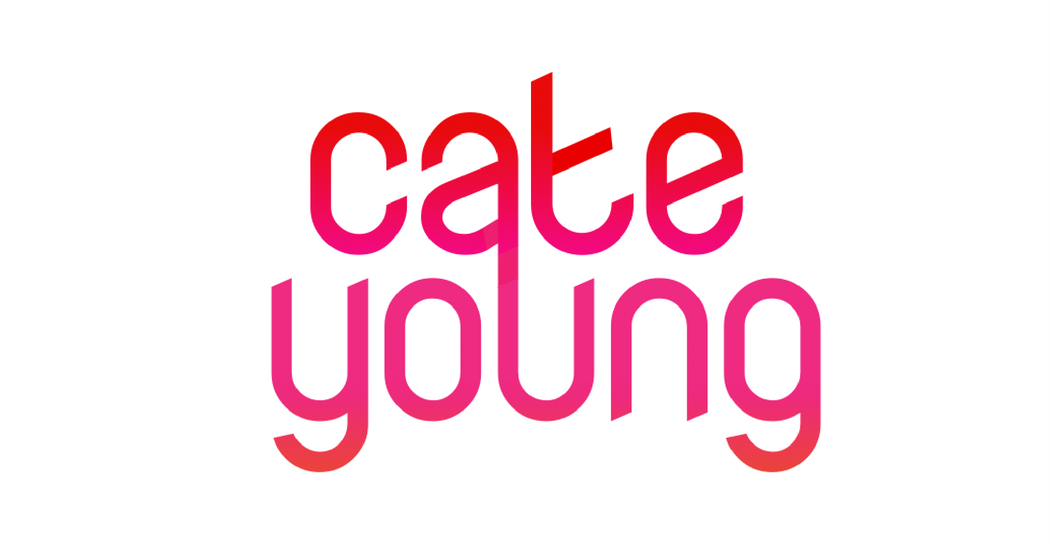If you haven't seen Nicki Minaj's new Anaconda video yet, stop what you're doing and watch it immediately! If you have seen it, then you already know that I love it. Ass, ass, everywhere. It's a big booty black girl's dream! But deeper than that, I love the way that it's an expression of agency on Nicki's part. She is a young, gorgeous and successful woman, and she's earned the right to be just as raunchy as she wants to be. She's never shied away from that and I love that about her.
Naturally, the criticism of the video (as with the cover art) was swift and loud, but as usual, most of it intentionally misses the point. As I've talked about before, much of the criticism of high profile black women being sexual rests on the assumption that they have no agency to make the decision to be sexy on their own. This great piece from The Rogue Feminist illustrates why there's a stark difference between the treatment of sexualization of race in Nicki's video and say, Miley Cyrus's or Lily Allen's:
In contrast, Nicki Minaj is reclaiming a song (Baby Got Back) that was made by a Black male rapper who celebrated (but also objectified) Black female bodies. Throughout her song, Nicki raps like a man would, talking about her sexual conquests with men and the size of their dicks, almost as a way of doing to men what they have done to women (objectifying their dicks as Sir Mix A Lot objectified Black women's asses and many other men objectify women's vaginas). She also brags about her sexual prowess and stays in control and aggressive in the video (she goes as far as cutting a banana representing a dick and slapping Drake's hand away—the video critiques the male gaze). The target of mockery and disparagement in Nicki's video is men and the male gaze, and the video works to reclaim agency from it.
In what way is Nicki asserting power over her dancers? In her video, she twerks along side her back up dancers and dances with them and interacts with them on the same level. She is just as scantily clad as they are. Lily Allen, however, stays fully covered in her video, does not dance provocatively, and thus contrasts her own pure and respectable femininity with the Black women, using their twerking and scantily clad bodies as an example of "bad" female sexuality and femininity—of women "objectifying themselves." This is racist because it frames Black female sexuality as lesser than white femininity and antithetical to feminism.
In summary: Nicki's video is very much a celebration of female Black beauty and sexuality coming from a Black woman. Conversely, Lilly Allen's is using Black women as props to frame them as a vile or bad form of sexuality or being too sexual to prop up her own feminism.What I love about the song and video is that it isn't just Nicki being sexy. It's a flat out display of her power over men. Nicki actively disregards the male gaze in the video. Between the lyrics, the tongue in cheek mishandling of the banana and literally slapping Drake's hand away when he tries to touch her ass, it's a song and video about her enjoying her own body and sexuality, and inviting other "fat ass bitches" to do the same. The assertion that because she looks traditionally "sexy" she is "desperate for male attention" doesn't hold any water when you approach it critically. Just because something happens to be appealing to straight men doesn't mean that straight men are the intended audience. It's an incredibly heteronormative assumption. Would we assume that femme lesbians are vying for male attention because they prefer to present as traditionally feminine?
At the end of the video, Nicki crawls away smiling as Drake is left visibly frustrated. This is a clear instance of her exerting sexual control over him. What she's doing here and in the rest of the video is reversing the male gaze entirely, something she does often. Instead of flaunting for men, she's taking on the role of those same men, and standing in as a female substitute, purporting to be bigger and better than they could ever be. This song doesn't "appeal" to men, it literally taunts them for not being good enough to match up to her. She spends a good portion of the song actively cackling in their faces!
Nicki has a long track record of tackling issues of sexism in the industry head on and it's silly to think that those issues weren't at the back of her mind when she created this video. Nicki Minaj is savvy and her feminist politics are on point. She just isn't here for your respectability, and I'm perfectly okay with that.


My issue with this song are the lyrics honestly, less than the visual images. The lyrics of this song are about a woman selling her body for trinkets to drug dealers. Then mocking of women who don't chose to get silicone shots. No. While urban girls are literally dying trying to get this plastic look. That's not reclaiming anything for black women, that's the same old, same old stereotype about black female sexuality personified. Unlike Beyonce's Partition, whose lyrics aren't about prostitution, though very sexual.
ReplyDelete